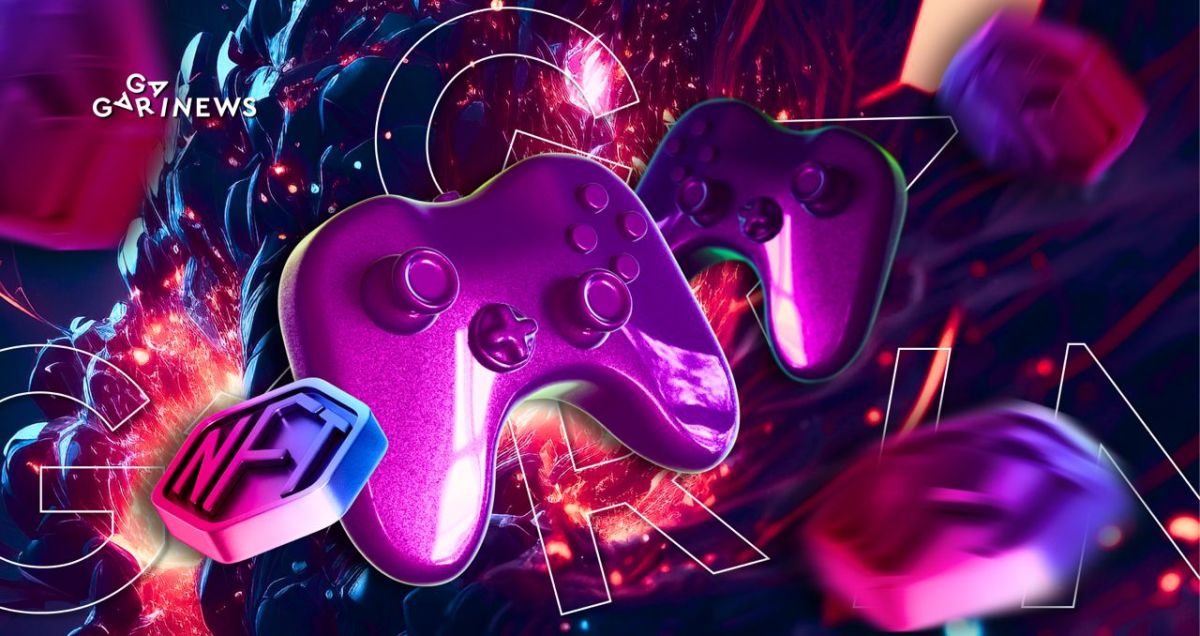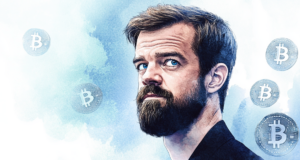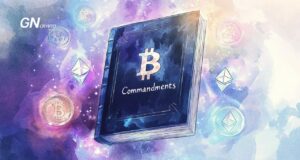How NFT Compatibility is Transforming the Video Game Industry

With their potential surpassing the creation of digital art and collectibles, Non-Fungible Tokens (NFTs) have sparked a revolution in the realm of crypto assets. One significant manifestation of NFT potential is their power to reshape the gaming industry.
On this page
Several inherent features of NFTs unlock groundbreaking opportunities for online game developers and their clients.
Cross-game token compatibility
NFTs address the enduring issue of interoperability in video games in an elegant way. Conventional in-game assets are often tethered to their respective game or platform, which limits their transferability. In contrast, NFTs set a uniform framework for creating and exchanging digital assets across various games within the gaming community. In other words, through the functionality of smart contracts, gamers can now genuinely possess their virtual spoils.
Inter-platform compatibility is made possible by tokenizing gaming assets. Regardless of the original game, NFTs can be bought, sold, and transferred across diverse platforms. This cross-platform operability empowers players to trade their virtual gaming items on open markets or exchanges.
For instance, are you aware that one of the priciest skins in Counter-Strike is the AWP Dragon Lore sniper rifle, fetching up to $1300 on its native platform? Savvy gamers argue that this virtual weapon could command twice its price outside of the Steam platform. Similarly, prices for the Revenant spaceship from EVE Online have hit $9000 on some of its servers. High-level World of Warcraft characters also command steep prices, with some players willing to part with as much as $10,000 for an account. While Blizzard currently blocks such transactions, imagine the possibilities if they were permitted.
Owners of Ethereum nervously light a cigarette as they pore over their balances.
Harnessing blockchain technology
NFTs rely on blockchain technology, which ensures transparency, security, and immutability. This decentralized network setup ensures that records of asset ownership and transaction histories are shielded from unsanctioned alterations and remain verifiable at all times. Such security significantly curtails the possibility of fraudulent activities related to gaming assets.
It doesn't eliminate the risk entirely, given that smart contracts could potentially have backdoors. However, it seems unlikely that your average gamer would scrutinize the code of a smart contract before purchasing their desired skin or unique game pet.
Obstacles to seamless interoperability
While NFTs promise great potential for compatibility with video games, there are a few hurdles to overcome before we can see widespread adoption. One of the major challenges lies in ensuring a seamless compatibility amongst different gaming engines and platforms. It also necessitates the establishment of universal standards for crafting gaming NFTs. In a landscape marked by intense competition among gaming projects, developing such standards could be a long-drawn process.
Furthermore, there are lingering concerns surrounding the scalability of blockchain technology.
Did you know that during the evening prime time, the servers of Fortnite – a game that supports cross-platform multiplayer, witness over 5 million active accounts? Now, imagine if the time spent gaming could be rewarded with tangible capital – how might this number surge? Bear in mind that the Ethereum network currently processes slightly over 1 million unique transactions each day.
All things considered
It can be safely asserted that the incorporation of NFTs into the traditional video gaming economy will bring about a revolutionary shift in the dynamics of gaming projects. The idea of absolute ownership of gaming assets will unfold new vistas for monetizing personal gaming accomplishments. Gamers will gain the autonomy to sell or lease their items as they wish.
A distinct secondary market segment will emerge within the ecosystem of shooters and role-playing games, where users can reap tangible profits from their gaming investments. This will spur their ongoing engagement in the ecosystem of Web3 projects, gradually steering the field from being mere entertainment towards becoming a business.
The content on The Coinomist is for informational purposes only and should not be interpreted as financial advice. While we strive to provide accurate and up-to-date information, we do not guarantee the accuracy, completeness, or reliability of any content. Neither we accept liability for any errors or omissions in the information provided or for any financial losses incurred as a result of relying on this information. Actions based on this content are at your own risk. Always do your own research and consult a professional. See our Terms, Privacy Policy, and Disclaimers for more details.


























